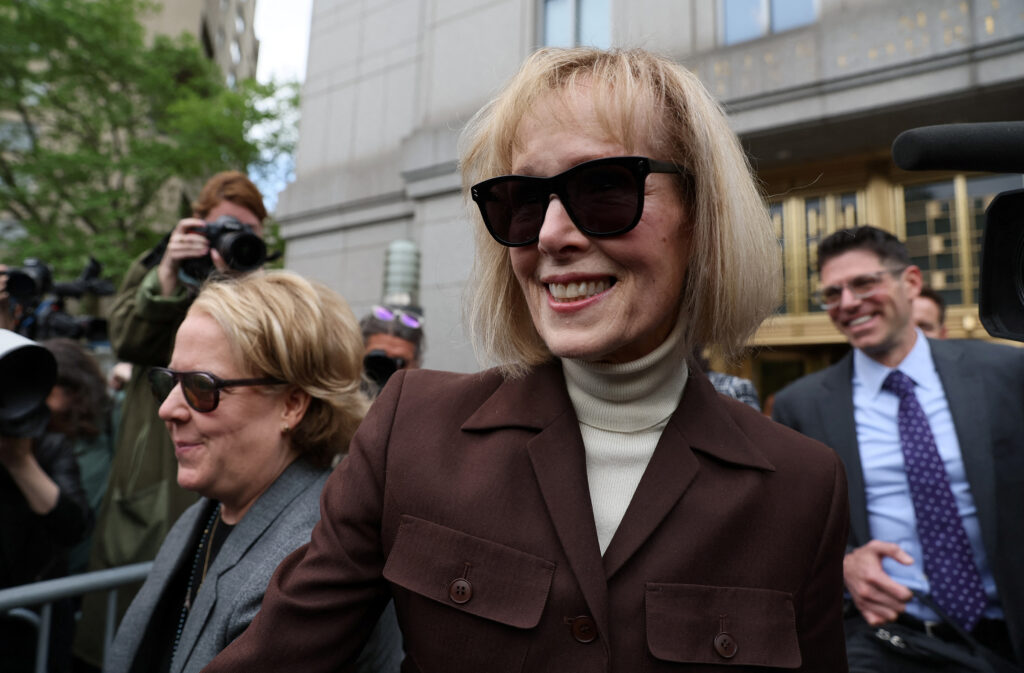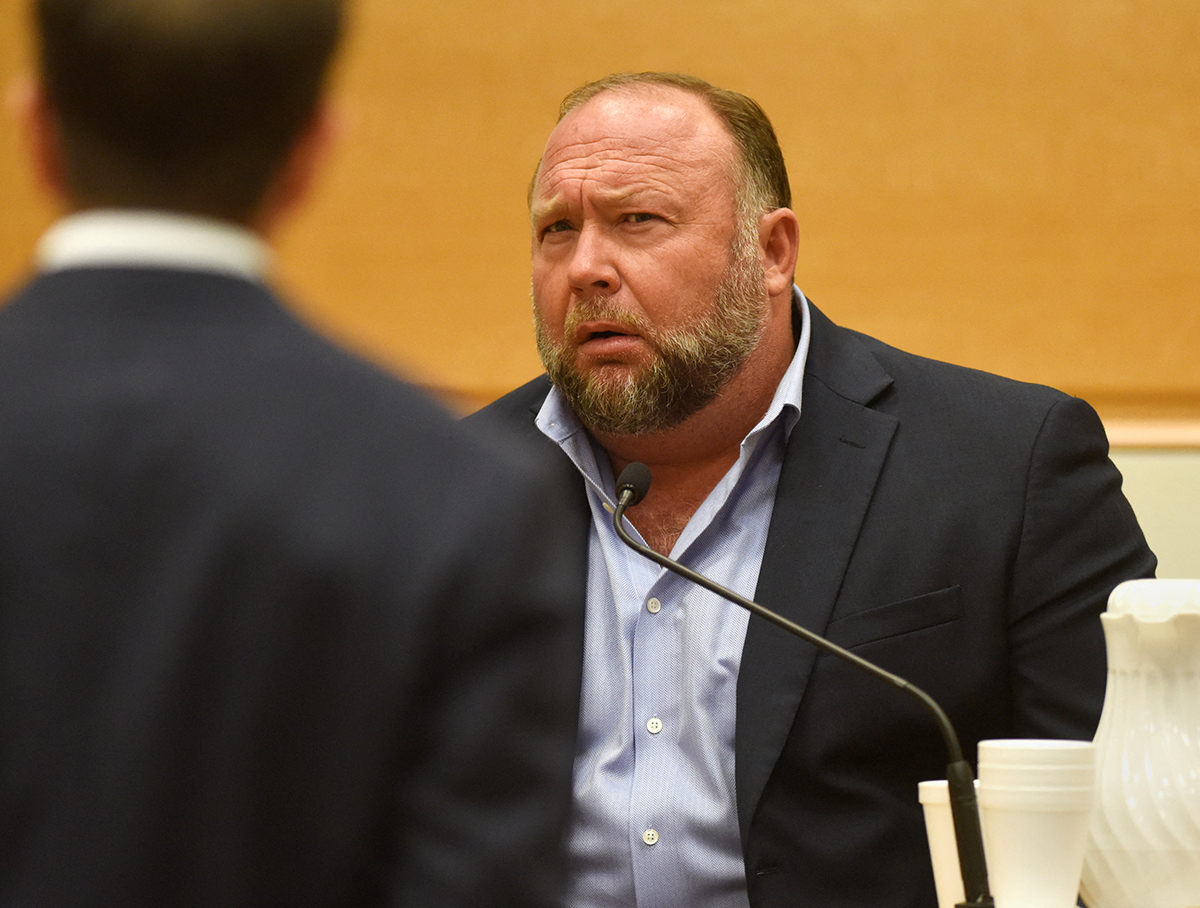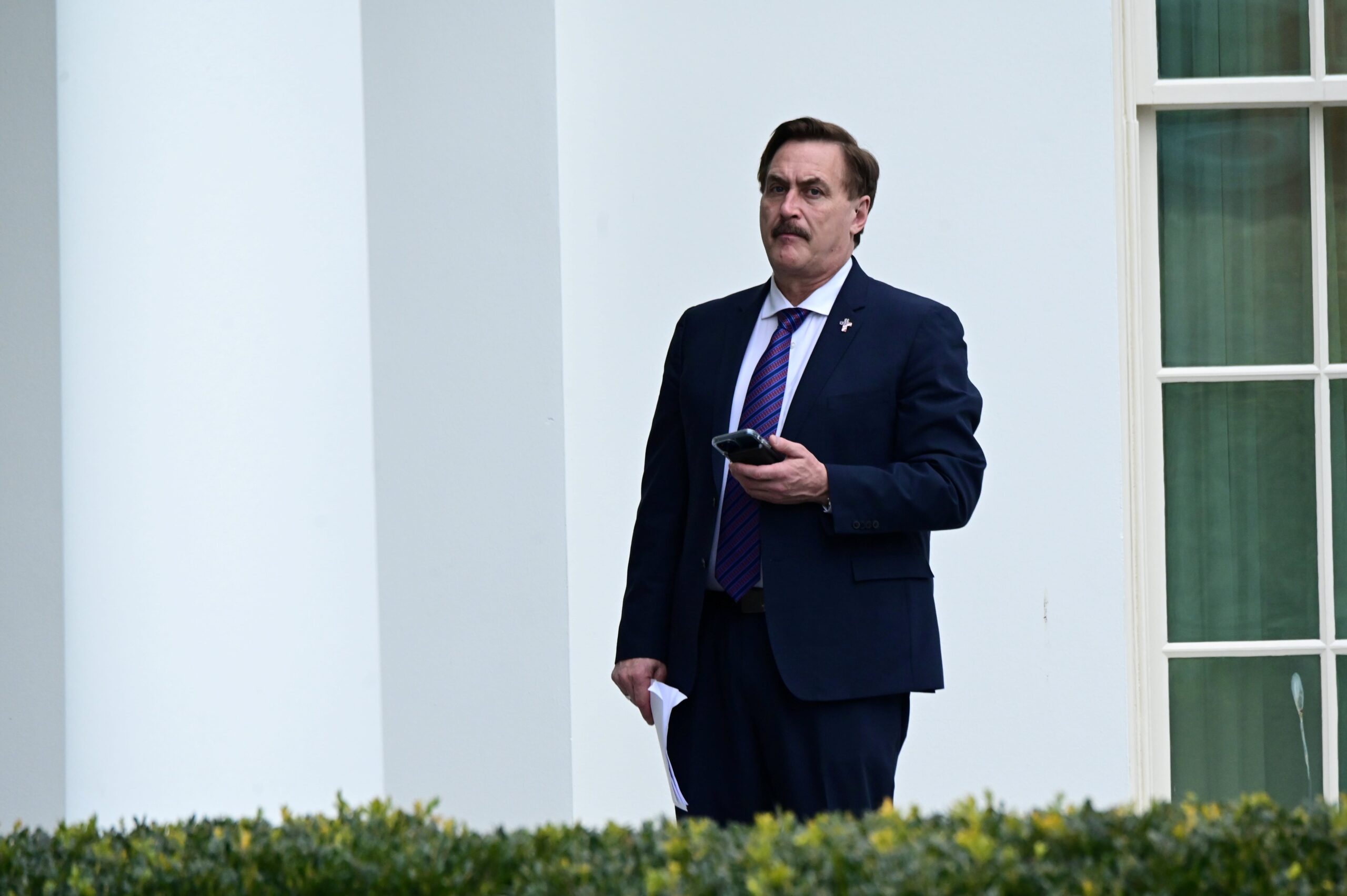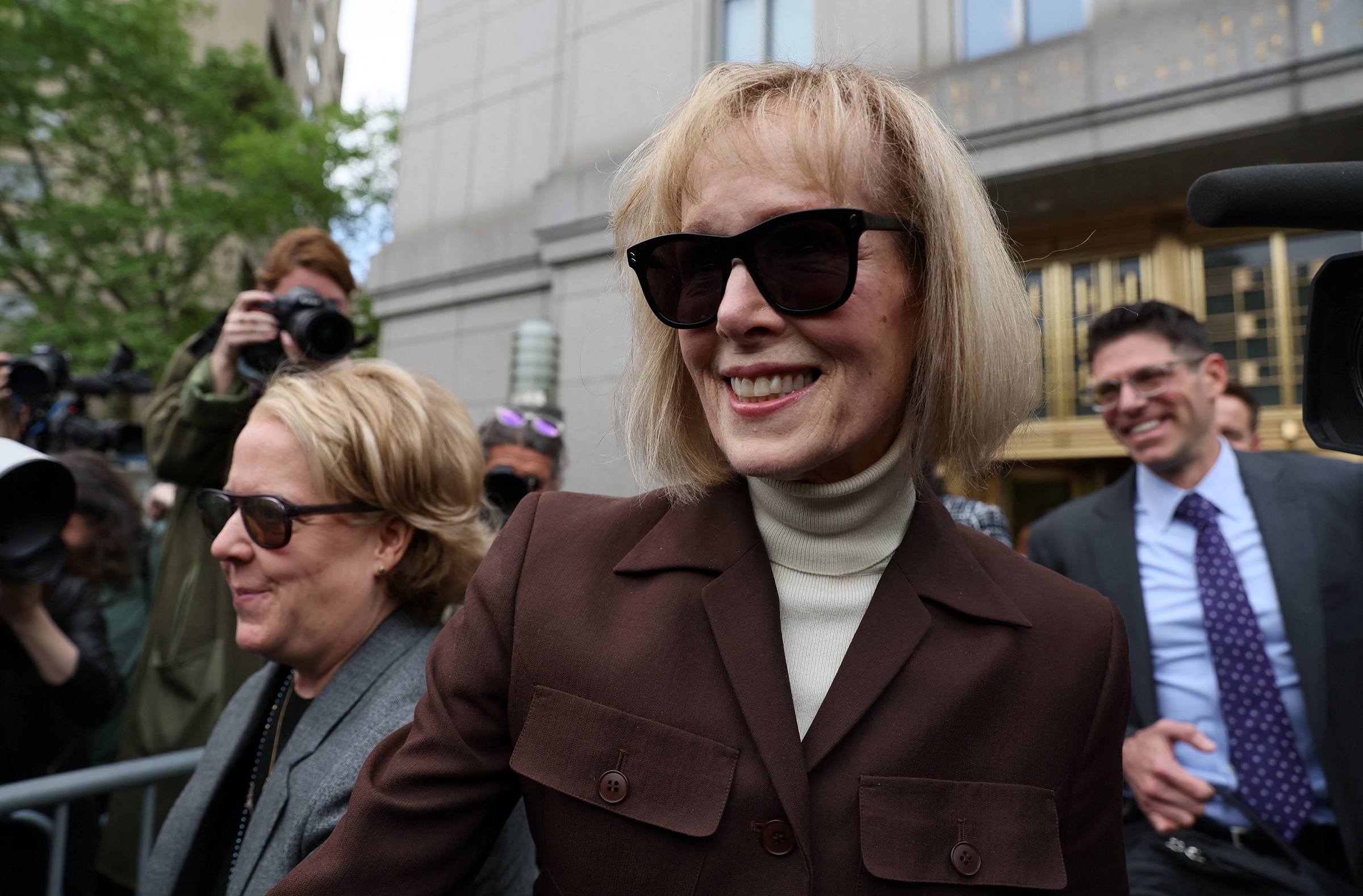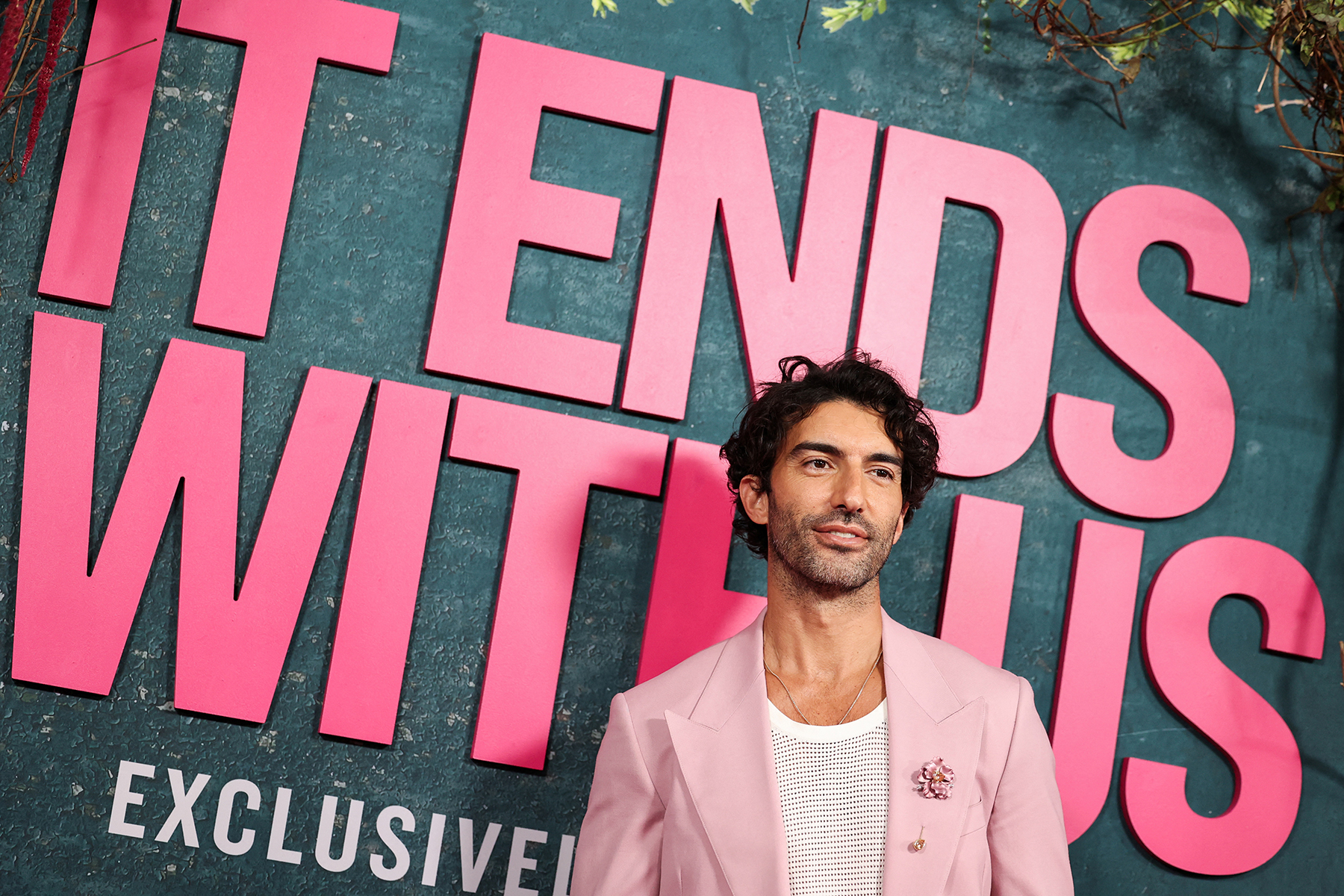A jury of six men and three women unanimously found Donald Trump liable for sexually abusing and defaming former Elle magazine columnist E. Jean Carroll and awarded her $5 million in damages.
Carroll — who left the downtown Manhattan federal courthouse with a wide smile after the verdict was announced — is the first of more than a dozen women who have accused the former president of sexual assault to have her civil case heard and decided by a jury.
After nearly three hours of deliberations, the anonymous jury ultimately rejected Carroll’s claim that Trump raped her, but “by a preponderance of evidence” — meaning the jury believed Carroll was more than likely telling the truth than not — decided that Trump did sexually abuse her and defamed her in a Truth Social post denying the allegations.
Minutes after the verdict was announced, Trump responded on Truth Social: “I HAVE ABSOLUTELY NO IDEA WHO THIS WOMAN IS. THIS VERDICT IS A DISGRACE – A CONTINUATION OF THE GREATEST WITCH HUNT OF ALL TIME!”
The two-week trial began April 25 in the U.S. District Court for the Southern District of New York, nearly 30 years after the former president sexually abused Carroll in a midtown Manhattan department store dressing room.
On the witness stand, Carroll described in emotional detail the day the attack took place. One of her lawyers, Mike Ferrara, asked why she was testifying.
“I am here because Donald Trump raped me, and when I wrote about it, he said it didn’t happen,” she said. “He lied and shattered my reputation, and I am here to try to get my life back.”
In 2019, Carroll published an excerpt of her memoir, “What Do We Need Men For?: A Modest Proposal,” in New York Magazine, in which she referenced for the first time her accusation of Trump allegedly raping her in late 1995 or the spring of 1996 in a dressing room at the Bergdorf Goodman department store in midtown Manhattan.
For more, see our timeline: E. Jean Carroll v. Donald Trump and the Defamation Legal Battle
Carroll filed her first defamation lawsuit against Trump in 2019 which referenced three allegedly defamatory statements he made following the release of her excerpt in which he said he didn’t know Carroll and she wasn’t his “type.” A trial in that suit “could prove unnecessary,” Judge Lewis A. Kaplan ruled, and paused it indefinitely.
Carroll sued Trump for the second time in 2022 for defamation and battery, in which she claimed Trump’s actions account for offenses including rape in the first and third degree, sexual abuse in the first and third degree, sexual misconduct and forcible touching.
The battery claim was brought under the Adult Survivors Act, which went into effect in November 2022 and provides a one-year window for sexual assault survivors who were 18 years or older at the time of their assault to file civil proceedings against their alleged abusers despite the statute of limitations.
The defamation claim in the suit focuses on an October 2022 statement Trump shared on Truth Social, a Twitter-like platform owned by the Trump Media and Technology Group.
The statement denounced Carroll’s accusations and called the case a “complete con job.”
“It is a Hoax and a lie. Just like all the other Hoaxes that have been played on me for the past seven years. And, while I am not supposed to say it, I will. This woman is not my type!” part of the statement read. Trump also called Carroll’s attorney Roberta Kaplan a “political operative and Cuomo crony who goes around telling people that the way to beat Trump is to sue him all over the place.”
Previous: E. Jean Carroll’s Defamation and Battery Lawsuit Against Trump Begins in Manhattan
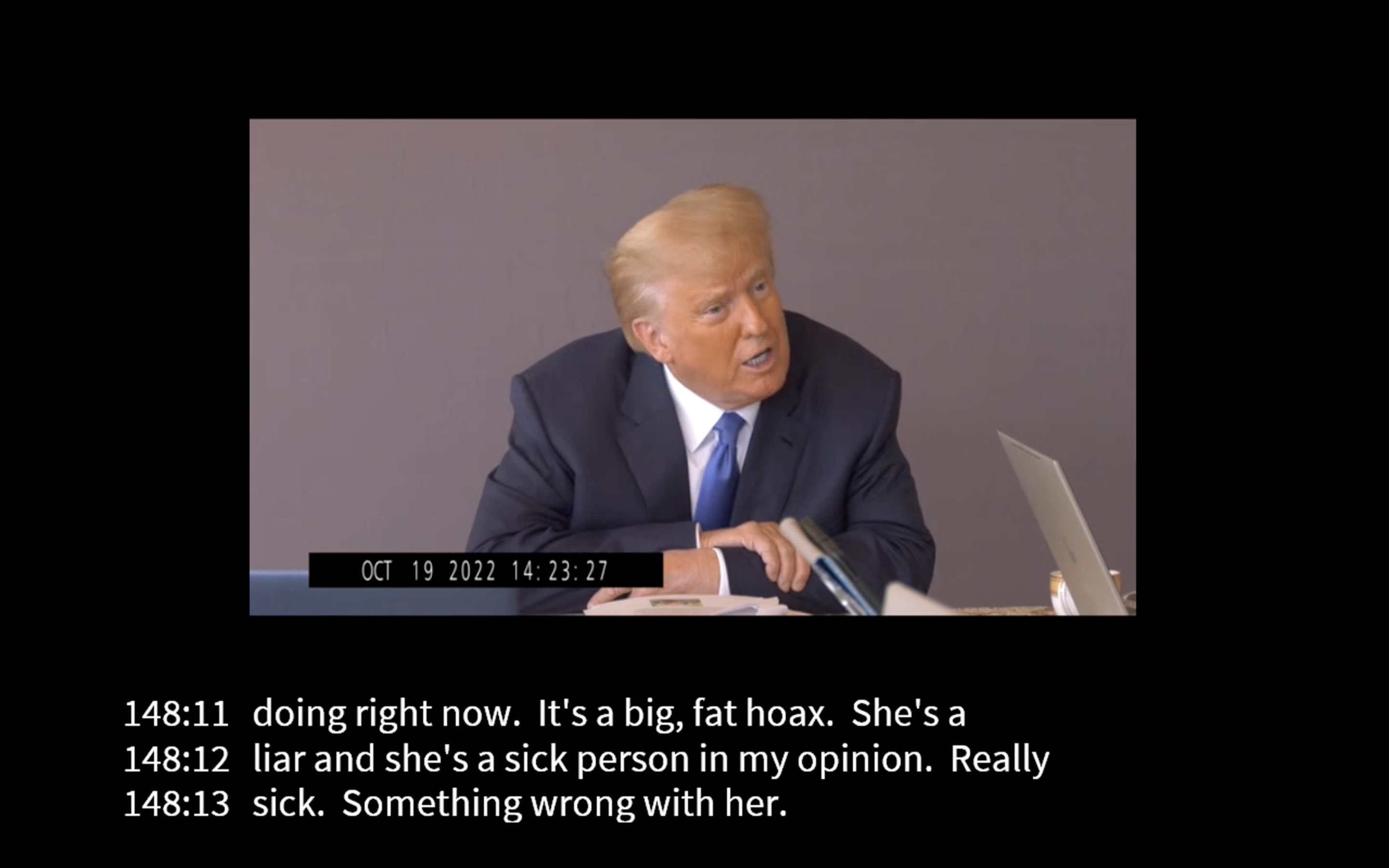
A screenshot from Donald Trump’s October 2022 deposition in E. Jean Carroll’s battery and defamation trial against him, in this trial exhibit released by the court, May 5, 2023.
On May 5, the court released 48 minutes of Trump’s October 2022 deposition, in which he reiterated that he believes the case is a “hoax,” and calls Carroll names like a “nut job, a “whack job” and “mentally sick.”
Just before Carroll took the stand the second day of the trial, her attorney informed Judge Kaplan of two statements Trump posted to Truth Social that morning.
Trump described the lawsuit as a “made up SCAM,” a “fraudulent & false story” and again called Carroll’s attorney a “political operative.”
According to the New York Times, Judge Kaplan told Trump’s lawyer, Joseph Tacopina, that the statements were “entirely inappropriate.”
“Your client is basically endeavoring certainly to speak to his ‘public,’” Judge Kaplan said, “but, more troublesome, to the jury in this case about stuff that has no business being spoken about.”
On May 1, the morning of Tacopina’s second day of cross-examining Carroll, he filed a request for a mistrial. The complaints in the request included that the court had “mischaracterized the evidence” in favor of Carroll, “bolstered” Carroll’s testimony and “continuously sustained improper ‘argumentative’ objections” to questions Tacopina asked Carroll during his first day of cross-examination, among other complaints. Judge Kaplan denied the request without explanation.
During the two days of cross-examination, Tacopina attempted to undermine Carroll’s credibility with repetitive questioning to find inconsistencies in her story.
Tacopina asked Carroll if she had ever filed a police report about the assault, to which she testified that she hadn’t and is a member of the “Silent Generation.”
“Women like me were taught to keep our heads up — not call the police. I would rather have done anything than call the police,” she said, according to The Washington Post. A friend Carroll called after the assault, Lisa Birnbach, defended this assertion in her testimony. Birnbach told the court that she told Carroll to go to the police, but Carroll refused and made Birnbach promise to keep it quiet.
Birnbach testified that Carroll called her five to seven minutes after the assault, and sounded “breathless, hyperventilating, emotional,” according to the Times.
“E. Jean said to me many times: ‘He pulled down my tights, he pulled down my tights,’ almost like she couldn’t believe it had just happened to her,” Birnbach said.
A heated exchange between Tacopina and Carroll ignited when Tacopina questioned why Carroll didn’t scream during the attack. She testified that she was “not a screamer” and that Tacopina “can’t beat up on me for not screaming,” according to the Times.
Tacopina pushed back, frustrating Carroll who noted that women often are judged for their response to traumatic events similar to the attack she endured.
“I’m telling you, he raped me, whether I screamed or not,” she said.
Carol Martin, another friend Carroll confided in after the alleged assault, testified on the trial’s seventh day. Martin said Carroll’s story “was a very disconcerting thing to hear,” and told Carroll not to go to the police because Trump’s attorneys would “bury her,” the Times reported. Martin stated that at first she didn’t come forward as one of Carroll’s confidantes because she feared for her safety. But she said she decided to testify because “I believed it then and I believe it today.”
Carroll’s attorney also called as witness two women who were allegedly assaulted by the former president.
Jessica Leeds claimed she was seated next to Trump on a flight in 1979 when he attempted to kiss and fondle her. In 2016 she spoke publicly about the alleged assault for the first time in The New York Times.
Leeds testified that Trump “out of the blue” was “trying to kiss me, trying to pull me towards him.” She said it was “like he had 40 zillion hands,” according to the Associated Press. She never told anyone, but when Trump started to campaign for president, she decided to come forward.
Another woman, People magazine writer Natasha Stoynoff, claimed that when she traveled to Trump’s Mar-a-Lago residence in 2005 to interview him and his wife, Melania, that he forcefully kissed her without her consent. Like Leeds, Stoynoff published her accusation in People just before the 2016 election. She said on the stand that she publicly shared her story because she “felt really upset that he was lying to the American people,” the Times reported.
Stoynoff testified that she was “flustered and sort of shocked” over the alleged assault. At first, Stoynoff only mentioned the altercation to a few friends. But the recording of Trump in the released Access Hollywood tape — which was played for the jury — changed that. On the recording Trump stated: “When you’re a star, they let you do it. You can do anything … Grab them by the p—y. You can do anything.”
Stoynoff said that after hearing the tape she felt “a combination of sick to my stomach” and “relief.”
“Because I actually for the first time thought to myself, oh, he does this to a lot of women. It’s not just me,” she said.
Trump was absent from the courtroom throughout the duration of the trial and declined to testify despite multiple opportunities. Tacopina also never called a witness to testify on Trump’s behalf, as an expert who was initially contacted was unavailable.
The Trump campaign’s response to the verdict, as reported by The New York Times, states in part that “in jurisdictions wholly controlled by the Democratic Party our nation’s justice system is now compromised by extremist left-wing politics.”
“This case will be appealed, and we will ultimately win,” the campaign added.
May 9, 2023 — Jury Verdict Form
Tags
